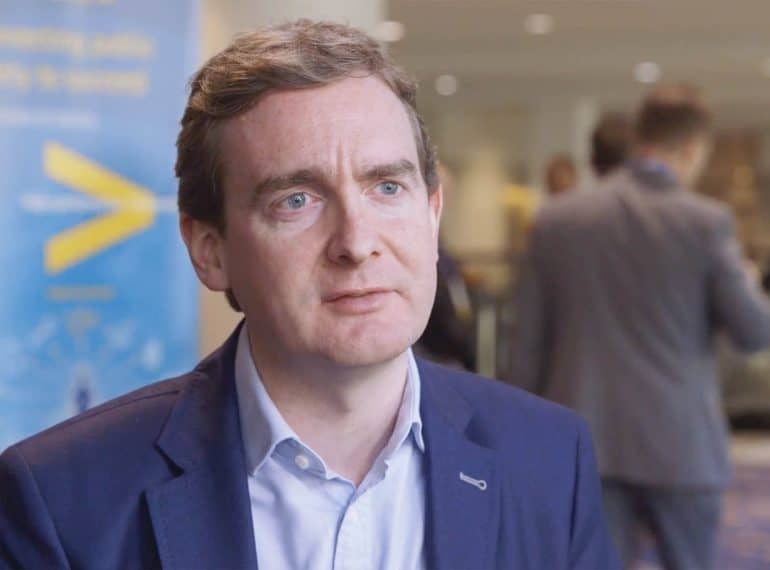
James Slessor is a world expert in public safety who leads teams that help police, law enforcement, justice and national security departments become more efficient and respond effectively to ever-more complex challenges.
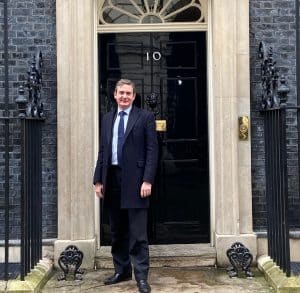 James was at QE from 1988 to 1995 and says his time as a pupil – and especially 1994, when he was School Captain – proved to be a good foundation, giving him leadership, organisational and public-speaking skills that he still uses in his job today.
James was at QE from 1988 to 1995 and says his time as a pupil – and especially 1994, when he was School Captain – proved to be a good foundation, giving him leadership, organisational and public-speaking skills that he still uses in his job today.
He went from QE to read Geography at Bristol, from where he graduated with a First in 1998. After spending some time travelling through Africa, he went on to join Accenture (then still known as Andersen Consulting), where he has built a career in the firm’s Government practice. He has now been with Accenture for more than 20 years.
He has worked extensively across the UK criminal justice system with organisations including the Metropolitan Police Service, West Midlands Police, the Home Office and Ministry of Justice. Today, he supports a number of Accenture’s public safety engagements across the US, Europe, South Africa and Asia Pacific.
He continues to be based in London and now as a Managing Director, James leads Accenture’s Global Public Safety practice. This covers Accenture’s work in policing, law enforcement, justice and national security, and draws together the latest international insight to build new strategies, operating models, processes and technology solutions, and helps to drive innovation for public safety agencies.
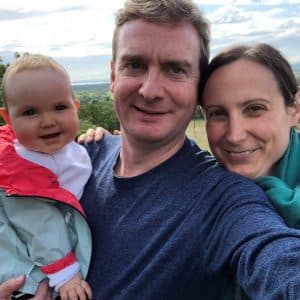 “Overall, I help these organisations enhance operational performance, increase efficiency and deliver improved outcomes to the public. I have worked across strategic consulting engagements such as efficiency and effectiveness reviews, workforce transformations and system requirements analysis, through to stakeholder and programme management on large-scale transformational programmes.
“Overall, I help these organisations enhance operational performance, increase efficiency and deliver improved outcomes to the public. I have worked across strategic consulting engagements such as efficiency and effectiveness reviews, workforce transformations and system requirements analysis, through to stakeholder and programme management on large-scale transformational programmes.
“This is a unique and fascinating role – where I get to both look at the common challenges public safety agencies face (pace of change, new types of threat risk and harm, increasing citizen expectations and increased levels of digitisation), but also have an understanding of local and cultural differences.”
He helps local teams develop solutions which take both these common challenges and differences into account. Increasingly, the threats which public safety agencies have to deal with are global in nature, and almost all crime now has a digital component, he says, so Accenture’s clients are having to evolve to meet this and to become increasingly proactive.
“For example, at the moment I am very focused on balancing the need to help public safety agencies make the most of new technologies and innovations to keep up with, and ideally stay ahead of, the threat, but at the same time making sure that public privacy is respected and public trust and confidence in public safety remains high. I find that when you operate in a global role, it generally requires considerable levels of empathy and understanding so that these commonalities and differences are understood.
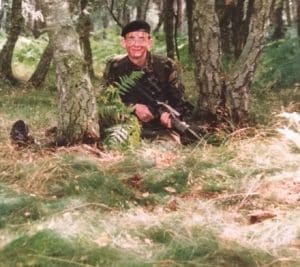 “I also think this is a skill I started to develop at QE in general – and especially during my time a School Captain – where the art of understanding others and developing the power of persuasion were critical.”
“I also think this is a skill I started to develop at QE in general – and especially during my time a School Captain – where the art of understanding others and developing the power of persuasion were critical.”
James adds that his schooldays have brought him benefits in other ways, too. One example is that those years equipped him for his work leading teams made up of a diverse range of people tackling an equally diverse range of objectives.
“The opportunities which I was lucky to have at QE, for example being in the CCF, have all helped and allowed me to develop these skills.”
“I am often asked to speak at conferences and industry meetings – and continue to feel that the many opportunities QE afforded me to develop my public-speaking and debating skills have assisted me with this – and I still use many of the tricks and techniques I learnt back at school.”
 James has written extensively in leading industry publications on a range of policing topics, including the use of social media, police information management, analytics and digital disruption. “The development of thought leadership, looking to the future and what this might mean for public safety is a large part of my role,” he adds.
James has written extensively in leading industry publications on a range of policing topics, including the use of social media, police information management, analytics and digital disruption. “The development of thought leadership, looking to the future and what this might mean for public safety is a large part of my role,” he adds.
“I am married to Nikki, and whilst I am lucky to travel quite lot with work, I also enjoy travelling in general and have driven across India in a Tuk-Tuk and climbed a volcano in Sumatra. However, that has reduced in the last couple of years as I now have a young daughter – which I think, as every parent will know, means quite literally every day is a learning day and generally you don’t get it right first time round!”

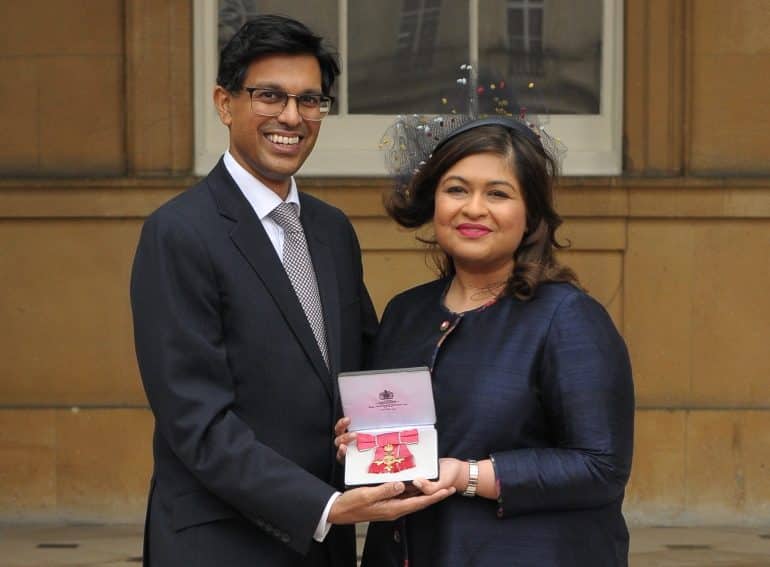
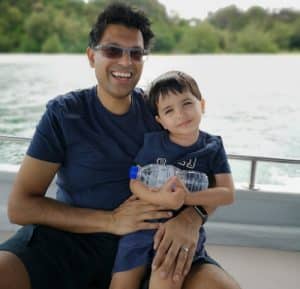 Through all these changes of location, there is one common thread around which he has built his career: insurance. “Whilst most people regard this facet of life as nothing more than an administrative pain, insurance has provided me with a passion where I continuously find a new challenge to keep me on my toes,” he says.
Through all these changes of location, there is one common thread around which he has built his career: insurance. “Whilst most people regard this facet of life as nothing more than an administrative pain, insurance has provided me with a passion where I continuously find a new challenge to keep me on my toes,” he says. Another highlight has been his election as Chair of the Institute and Faculty of Actuaries Cyber Risk Working Party – “a research effort focused on understanding the impact of cyber risk on insurance and on the other industries actuaries are involved in.”
Another highlight has been his election as Chair of the Institute and Faculty of Actuaries Cyber Risk Working Party – “a research effort focused on understanding the impact of cyber risk on insurance and on the other industries actuaries are involved in.”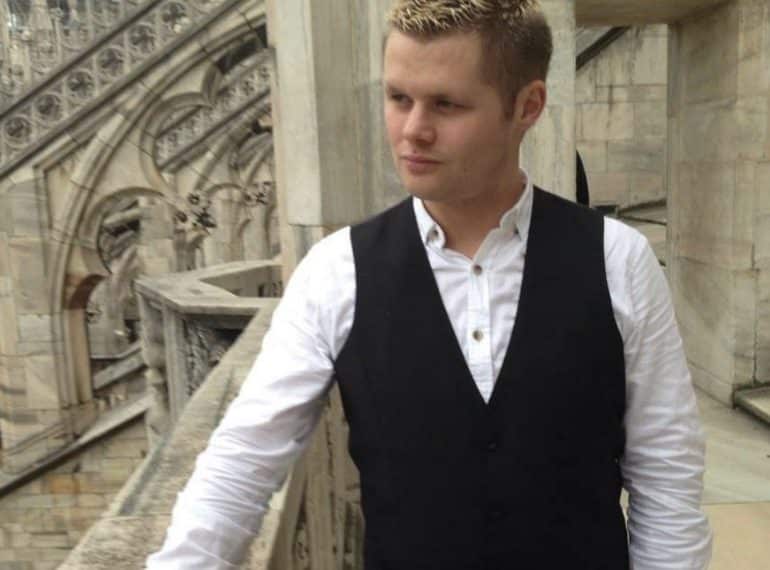
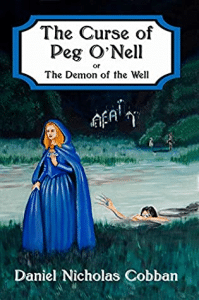 The 251-page book, The Curse of Peg O’Nell: or The Demon of the Well, has already been attracting five-star reviews online.
The 251-page book, The Curse of Peg O’Nell: or The Demon of the Well, has already been attracting five-star reviews online.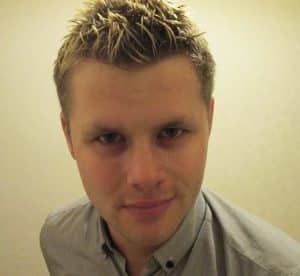 “I’m a big fan of the Victoriana and gothic genres of literature, and I couldn’t resist fleshing out a full gothic/folk story about Peg O’Nell,” said Daniel, who wrote under the pen name, Daniel Nicholas Cobban and was published by Scottish house, Beul Athris Publishing, who specialise in folklore, among other genres. “It took a lot of research and patience!”
“I’m a big fan of the Victoriana and gothic genres of literature, and I couldn’t resist fleshing out a full gothic/folk story about Peg O’Nell,” said Daniel, who wrote under the pen name, Daniel Nicholas Cobban and was published by Scottish house, Beul Athris Publishing, who specialise in folklore, among other genres. “It took a lot of research and patience!”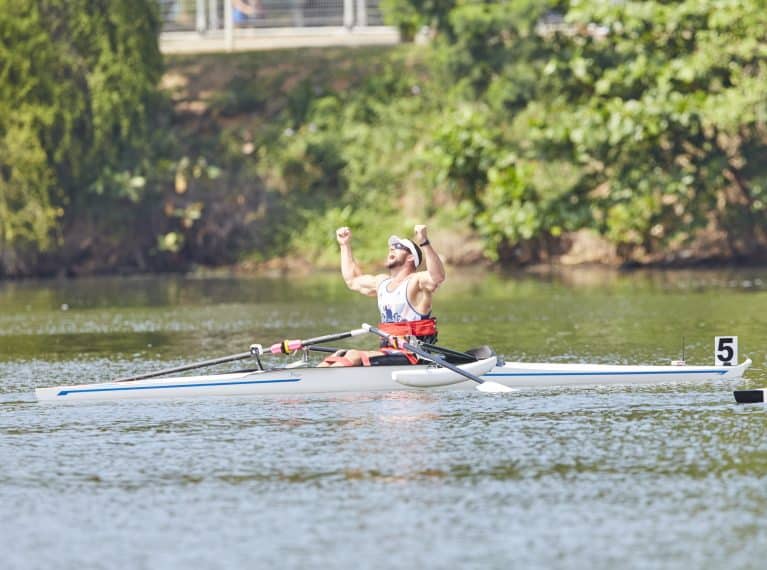
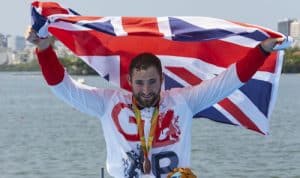 Tom (OE 1995-2002), who until he retired was the longest-serving member of the GB Para-rowing squad, won the gold medal in the Arms-Shoulders Men’s Single Scull at the Beijing Paralympics in 2008, and was crowned World Champion in the same discipline in 2007, 2009, 2010 and 2011. He bowed out of rowing while still competing at the highest level, having taken bronze at the Paralympics in Rio in 2016.
Tom (OE 1995-2002), who until he retired was the longest-serving member of the GB Para-rowing squad, won the gold medal in the Arms-Shoulders Men’s Single Scull at the Beijing Paralympics in 2008, and was crowned World Champion in the same discipline in 2007, 2009, 2010 and 2011. He bowed out of rowing while still competing at the highest level, having taken bronze at the Paralympics in Rio in 2016.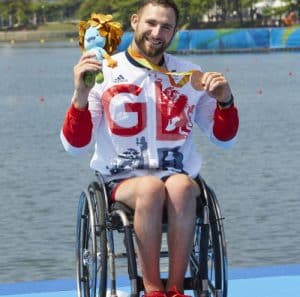 Tom who read Bio Sciences at Warwick University, teaches Chemistry and Biology.
Tom who read Bio Sciences at Warwick University, teaches Chemistry and Biology.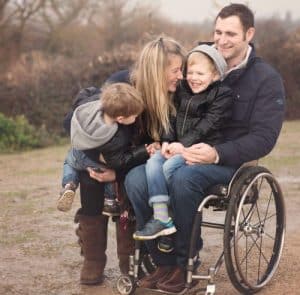 When Tom stepped down from competitive rowing, he took a break from sport and all the training for a while. But now he tries to keep fit and trains before work most mornings. “I guess old habits are hard to break, and although I don’t miss the pressure that came with being on the team and competing, I still enjoy keeping active.”
When Tom stepped down from competitive rowing, he took a break from sport and all the training for a while. But now he tries to keep fit and trains before work most mornings. “I guess old habits are hard to break, and although I don’t miss the pressure that came with being on the team and competing, I still enjoy keeping active.”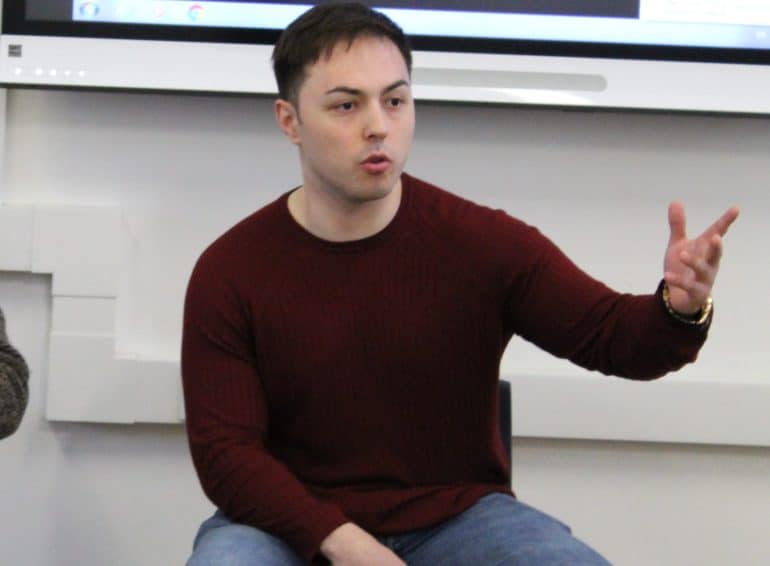
 Today, as well as his job as a Future Trainee Solicitor, he runs the Aspiring Commercial Lawyers Network (ACLN), which he set up on Facebook during the autumn of 2019.
Today, as well as his job as a Future Trainee Solicitor, he runs the Aspiring Commercial Lawyers Network (ACLN), which he set up on Facebook during the autumn of 2019.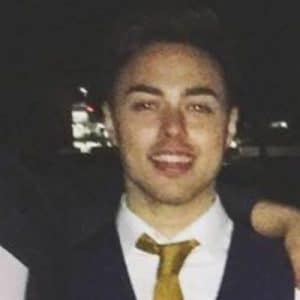 Writing in February, Izzet said: “My exposure on LinkedIn has grown exponentially over the last two months. Following a few viral posts which have been viewed by almost half a million people, I have become very active in the legal sphere.
Writing in February, Izzet said: “My exposure on LinkedIn has grown exponentially over the last two months. Following a few viral posts which have been viewed by almost half a million people, I have become very active in the legal sphere.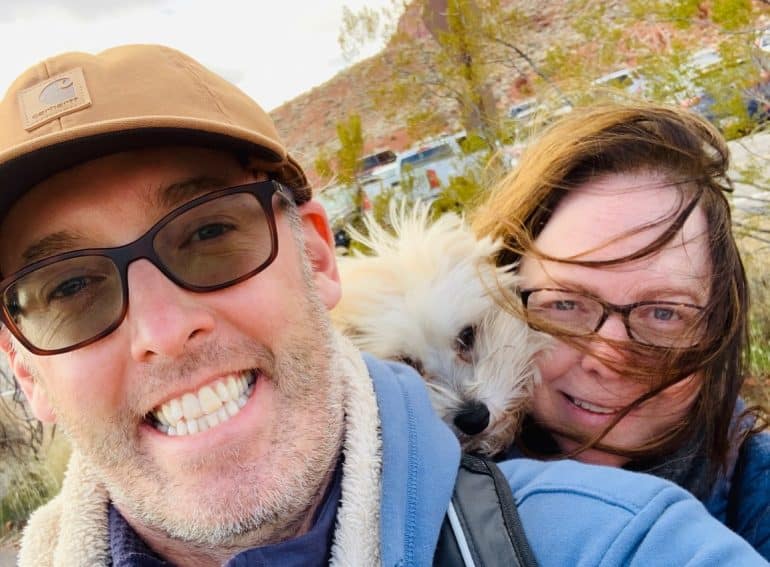
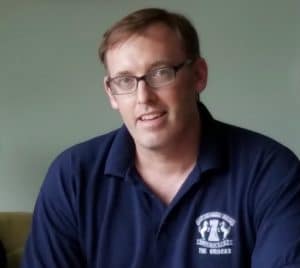 Later, however, Simon learned lessons both from Mr Harris and from other QE teachers that have stood him in good stead for his current role as an English teacher in the Upper School at the Marymount School of New York, a nursery-to-high school for girls on Fifth Avenue.
Later, however, Simon learned lessons both from Mr Harris and from other QE teachers that have stood him in good stead for his current role as an English teacher in the Upper School at the Marymount School of New York, a nursery-to-high school for girls on Fifth Avenue.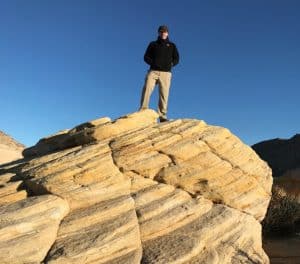 Another highlight of his life stateside recurs daily as he savours his walk home each day across Central Park.
Another highlight of his life stateside recurs daily as he savours his walk home each day across Central Park.